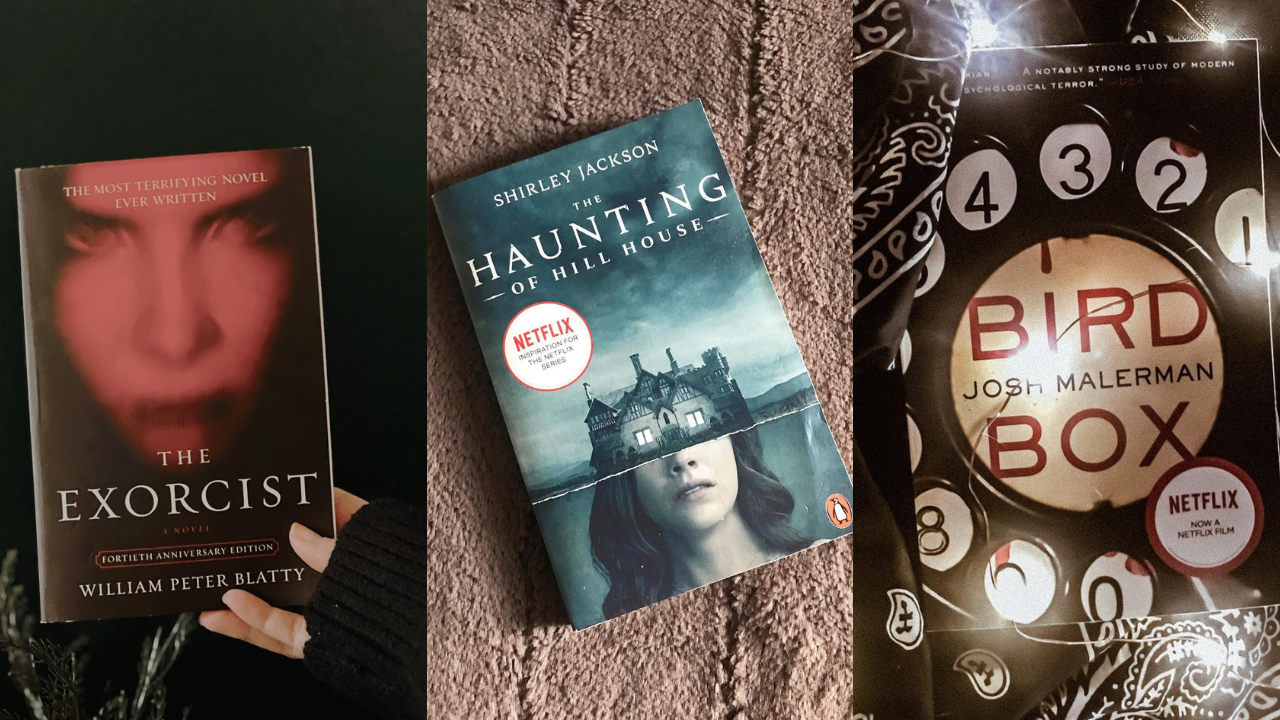
10 Horror Novels with Chilling Final Words That Linger (Picture Credit – Instagram)
The power of a horror novel often lies in its ability to haunt the reader long after the final page is turned. The last lines of a horror story, in particular, can leave a lasting impression, echoing in the reader’s mind and solidifying the story’s impact. Here, we explore ten horror novels whose chilling final words have left an indelible mark on the genre.
1. The Haunting of Hill House by Shirley Jackson
Shirley Jackson’s masterpiece concludes with an eerie, open-ended sentence that encapsulates the novel’s ambiguous and haunting atmosphere. The line, “And whatever walked there, walked alone,” leaves readers pondering the fate of the characters and the malevolent nature of Hill House itself. This line underscores the novel’s exploration of isolation and the supernatural.
2. Pet Sematary by Stephen King
3. The Woman in Black by Susan Hill
Susan Hill’s gothic tale ends on a note of quiet, devastating horror. The final lines, subtle yet powerful, leave the reader with a sense of unresolved dread, perfectly capturing the novel’s atmosphere of lingering despair and spectral hauntings.
4. Bird Box by Josh Malerman
In ‘Bird Box,’ the final sentence is as much a beginning as it is an ending. It leaves the reader with a mixture of hope and uncertainty, reflecting the novel’s theme of the unseen and unknown terrors that define the new world its characters inhabit.
5. House of Leaves by Mark Z. Danielewski
This novel’s conclusion is as unconventional as its narrative structure. The last lines, fragmented and disorienting, mirror the novel’s labyrinthine layout. They leave the reader contemplating the nature of reality and the reliability of perception, the core themes of this complex and chilling tale.
6. The Turn of the Screw by Henry James
Henry James’ classic ghost story ends with a heart-stopping moment that is both abrupt and haunting. The final words resonate with ambiguity, leaving the true nature of the novel’s events open to interpretation and ensuring their lasting haunt on the reader’s psyche.
7. Hell House by Richard Matheson
Matheson’s novel concludes with a line that perfectly encapsulates the story’s blend of supernatural and psychological horror. The ending leaves the reader questioning the nature of evil and the possibility of redemption after facing the unspeakable.
8. Dracula by Bram Stoker
The final lines of Stoker’s seminal work offer a solemn reflection on the events that have transpired. This ending provides a sense of closure while acknowledging the lasting impact of the horrors encountered, echoing the enduring legacy of the novel itself.
9. The Exorcist by William Peter Blatty
Blatty’s novel, known for its terrifying depiction of demonic possession, ends on a surprisingly hopeful note. However, the calmness of the final lines serves to underscore the stark contrast with the preceding turmoil, leaving a lingering sense of unease.
10. American Psycho by Bret Easton Ellis
The concluding sentence of ‘American Psycho’ is as enigmatic as the novel itself. It leaves the reader questioning the nature of reality and the protagonist’s sanity, encapsulating the novel’s dark satire and psychological horror.
In conclusion, the final words of these ten horror novels serve as a testament to the power of the genre. They not only provide closure to their respective stories but also ensure that the chill they deliver resonates far beyond the last page. These endings invite readers to ponder, reflect, and, most importantly, to remember the haunting journey long after the book is closed.
